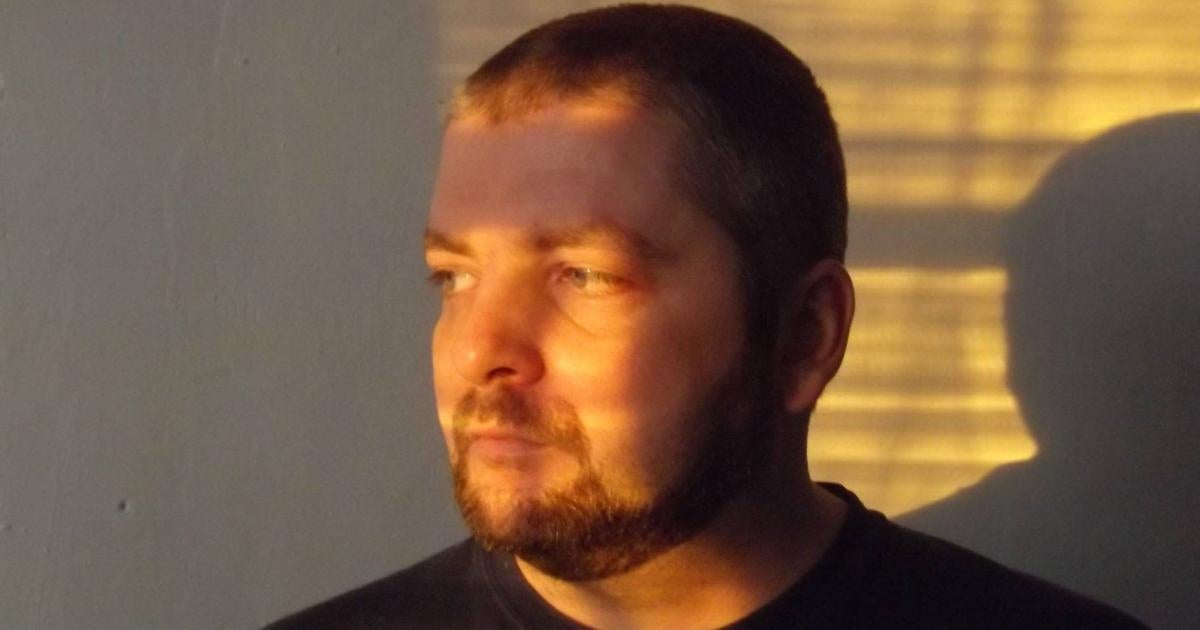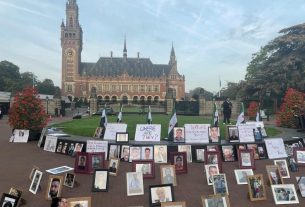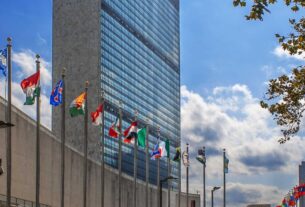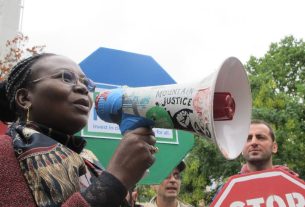Today, Russian authorities reported that Maxym Butkevych, an officer with Ukraine’s armed forces, confessed to having deliberately targeted and wounded civilians and was sentenced to 13 years’ imprisonment.
The ruling was made by the so-called Supreme Court of the Luhansk People’s Republic (LNR), an area of Ukraine currently occupied by Russia. Butkevych was captured by Russian forces in eastern Ukraine in June 2022.
Russian military investigators built the bogus case against Butkeyvich. Russian authorities published a video of him speaking to an apparent investigator clad in fatigues. In the video, Butkevych’s face looks swollen and the flesh around his eyes is dark and puffy. He stares into space as he mechanically states how he supposedly fired a grenade launcher at civilians.
Maxym Butkevych, Max to us, is a beloved friend and colleague. A prominent rights defender and journalist, in March 2022 he wrote that he “put on hold [his] human rights and humanitarian work” and joined the military. “I have been an anti-militarist all my conscious life and remain so by conviction. But at this time, I feel [this is] my place. These are tragic times,” he wrote.
Max was Ukraine’s leading advocate for refugees and migrants. He stood up for the most marginalized, promoted tolerance, and condemned hate speech. The very idea of Max deliberately targeting civilians is ludicrous.
Just after the news of Max’s capture, people close to him deleted his social media accounts, so nothing in them could be used against him. Kremlin-controlled media promptly labeled him a “notorious Kyiv propagandist” and a “valuable catch.” Today’s sentence likely aims to make that “catch” even more “valuable,” to raise the stakes in future prisoner exchanges.
For the first two months in captivity, Max’s whereabouts were unknown. In response to an inquiry by Russian lawyers working for his family, Russia’s Defense Ministry stated that he was in a prison facility in the so-called LNR.
There is abundant evidence that authorities in Russia-controlled areas of Luhansk and Donetsk regions torture detainees and deprive them of all due process rights. Max’s “confession” was undoubtedly obtained by force, likely through torture. Torturing or convicting a Prisoner of war without a fair trial is a grave violation of the Geneva Conventions. That makes the “trial” against him not only a cynical farce, but also a likely war crime.



